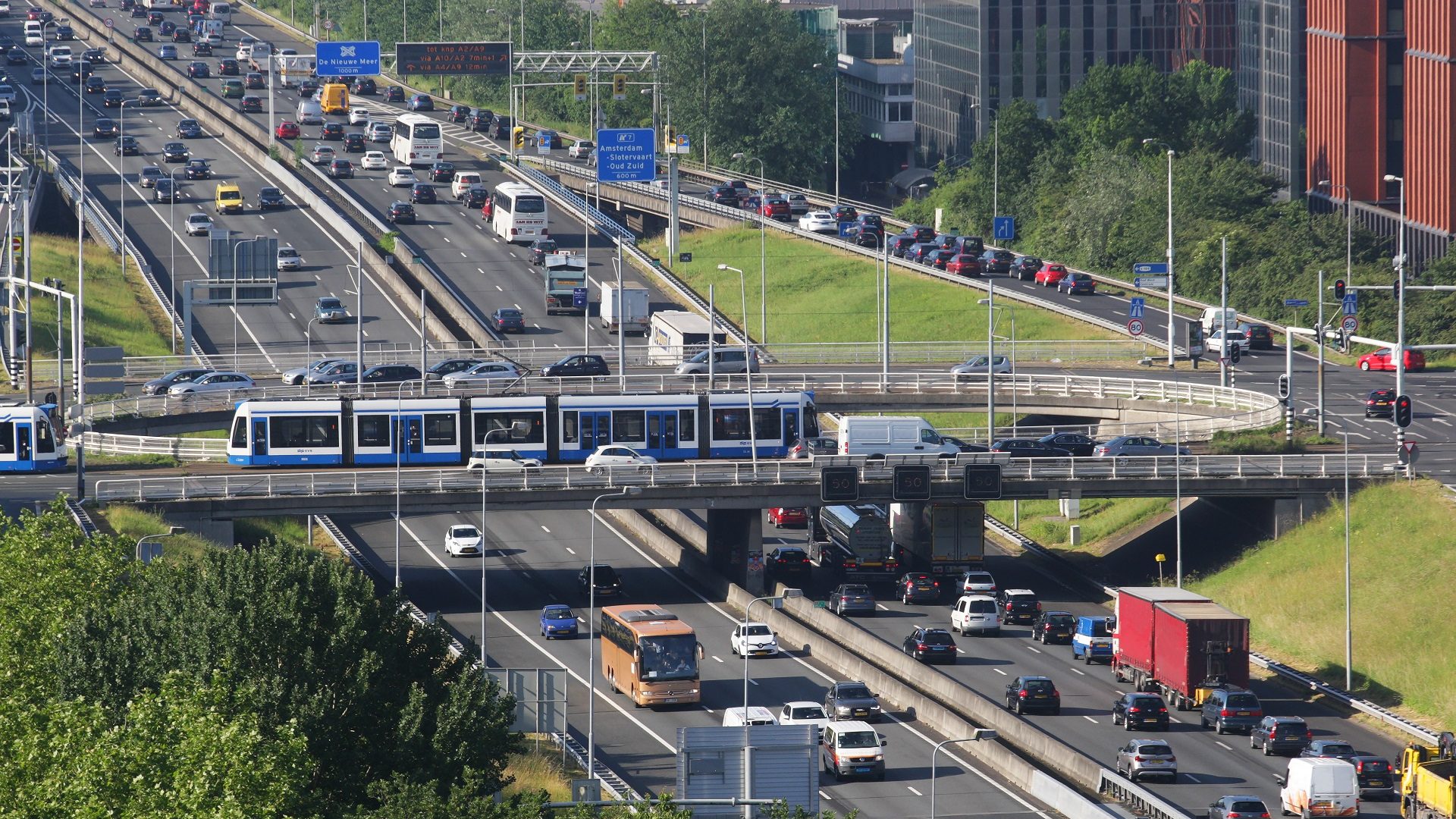

We may earn revenue from the products available on this page and participate in affiliate programs. Learn more ›
Daytime highway speed limits in the Netherlands will be cut from 80 miles per hour to just 60 mph in response to a nitrogen oxide pollution crisis the country’s been grappling with, reports the BBC. While keen Dutch drivers may be tempted to inundate their local government offices with angry letters and emails, it doesn’t sound like the powers that be are all that happy about the new rules either.
Set to come into effect next year, Dutch prime minister Mark Rutte reportedly called the new speed limits a “rotten measure” but a necessary one. “No-one likes this,” Rutte told press at a news conference. “But there’s really something bigger at stake. We have to stop the Netherlands from coming to a halt and jobs being lost unnecessarily.”
“I’m incredibly disappointed, it’s terrible,” the PM added. “But otherwise people would have lost their jobs by Christmas. And I would not have been able to look at myself in the mirror.”
Infrastructure projects throughout The Netherlands have come to halt due to the pollution crisis, including the construction of roads, housing initiatives, and even airports. Over 70,000 homes are pending construction next year, but the report claims those projects will not begin unless the situation is curbed.
Speed limits will revert back to 80 mph between the hours of 7 p.m. and 6 a.m. The reduction is technically temporary, but Rutte reportedly said he couldn’t make any promises on whether it’ll become permanent or not.
With highway limits at 60 mph, the Netherlands will join Cyprus in having some of the lowest speed limits in all of Europe. In comparison, the U.K. caps motorway speeds at 70 mph while France and Italy restrict their drivers at 80. Germany famously features limit-free sections of its autobahn—and will continue to do so, Green Party proposals be damned—but also imposes an 80 mph limit on sections that warrant it.
Despite the ongoing emissions crisis, the Dutch Grand Prix was recently brought back to Zandvoort for the 2020 Formula 1 season, a move that’s predictably been criticized by environmental groups in the country.
